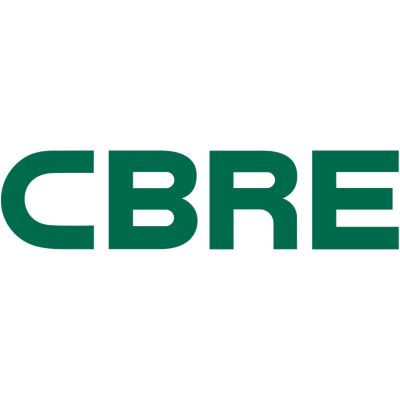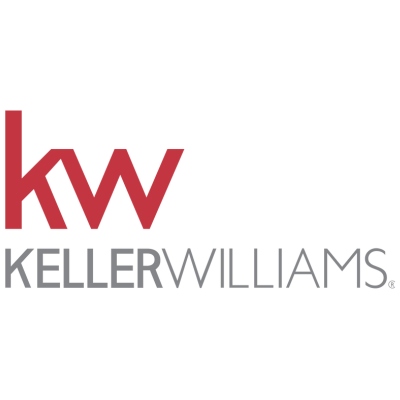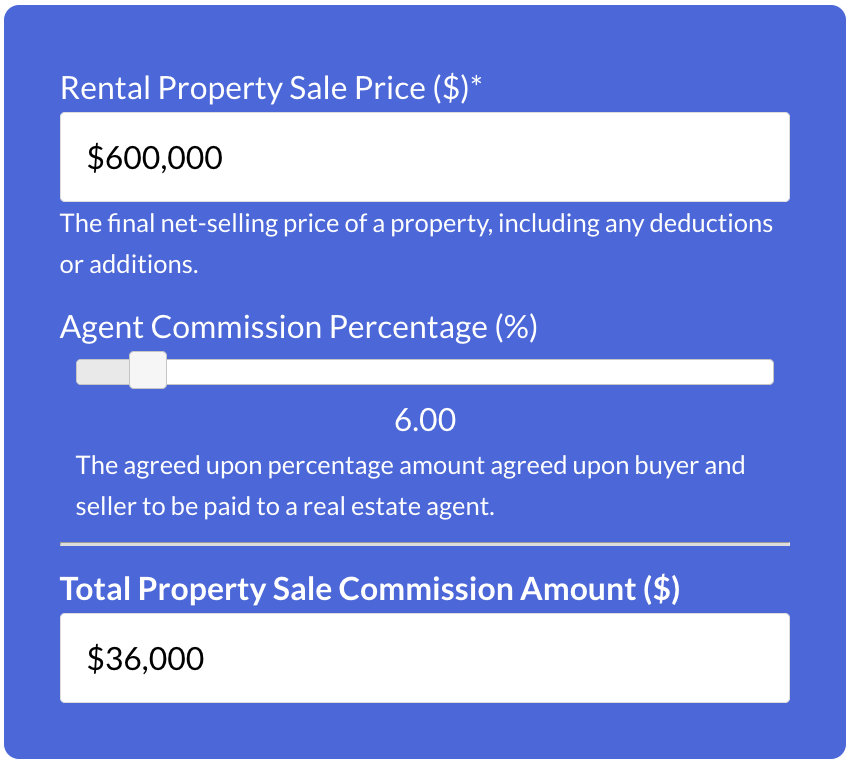Last Updated: January 2024

Rental real estate agents serve as essential facilitators in the intricate world of income property transactions. They leverage their expertise to help property owners, tenants, and investors navigate the buying, selling, and leasing process. Landlords benefit from their market acumen in setting optimal rental prices, tenants gain insights into finding their ideal spaces, and investors rely on their knowledge for lucrative property deals.
Types of Rental Real Estate Agents
In the world of rental real estate transactions, various types of agents play specific roles tailored to specific property transactions. These specialists, with their unique expertise, cater to the diverse needs of landlords, tenants, and investors across both residential and commercial real estate. Understanding the different types of real estate agents can offer clarity in choosing the best fit for one’s property objectives. Below we take a look at each type of agent and the specialized services they bring to the table.
Residential Agent
A type of real estate agent who specializes primarily in buying, selling, and leasing residential properties. This type of agent mostly deals primarily with single family rentals and multifamily properties 4-units and below.
Listing Agents
Listing agents represent rental property owners, advertising their properties and ensuring they secure favorable rental terms and conditions.
Tenant Agents
Tenant agents advocate for renters, helping them locate suitable properties and negotiate favorable lease agreements.
Dual Agents
A dual agent serves both landlords and tenants in a rental transaction, streamlining the process but also requiring careful navigation of potential conflicts of interest.
Multifamily Real Estate Agent
A type of real estate agent who specializes primarily in buying and selling residential multifamily properties. This type of agent focuses exclusively on multifamily rental properties with unit counts that can go into the hundreds.
Commercial Real Estate Agent


A type of real estate agent (also called a Broker) who specializes primarily in the buying, selling, and leasing of commercial properties. Commercial Brokers typically take specialization a step further by focusing on a specific asset class such as retail centers, hotel properties, vacant land, self storage facilities or industrial parks.
12 Roles and Responsibilities of Rental Real Estate Agents
Rental real estate agents wear multiple hats, catering to both landlords and tenants, ensuring that transactions are smooth, beneficial, and legally sound. As an intermediary in leasing, buying, and selling, their roles are vast, ranging from touring prospects, to negotiating complex contract terms.
Landlord Representation (Leasing)
Rental real estate agents can lease vacant properties on behalf of property owners. They provide advice on setting competitive rental prices, market the property to potential tenants, and handle all lease negotiations to ensure favorable terms for the landlord. Additionally, they manage tasks like tenant screening, ensuring that the property attracts and retains reliable renters.
Landlord Representation (Buy and Sell)
Rental real estate agents represent landlords not only in leasing their properties but also in buying and selling assets. They provide advice on market trends, ensure the property is priced appropriately, and handle all interactions with potential buyers or renters, simplifying the transaction process for the landlord.
Tenant Representation
When representing tenants, these agents help in finding suitable rental properties that match the tenant’s requirements and budget. They provide insights into neighborhoods, local amenities, and ensure that tenants understand their rights and obligations under a lease or purchase agreement.This often includes arranging property viewings
Comparative Market Analysis (CMA)
CMA is a tool real estate agents use to determine a property’s market value by comparing it to similar properties that were recently sold or leased. This analysis helps set competitive pricing for sellers and informs buyers or renters if a property’s price is fair based on current market conditions.
Scheduling and Hosting Showings
Agents coordinate and host property viewings for potential buyers or renters. They ensure that the property is presented in its best light, answer any queries, and gather valuable feedback for buyer, sellers and landlords.
Staging and Curb Appeal Upgrades
Staging a property involves arranging furniture and decor to make it appealing to potential buyers or renters. Agents may also suggest curb appeal upgrades, like landscaping or fresh paint, to enhance the property’s exterior and increase its marketability.
Professional Photography
High-quality photos play a pivotal role in marketing a property effectively. Rental real estate agents often collaborate with professional photographers to capture the property in its best light, ensuring it stands out in listings and advertisements. Some agents will often cover the cost of professional photography for their clients (which can range from $100-$500).
Property Marketing (Physical and Online)
Effective rental property marketing extends beyond traditional methods. While physical signs and open houses are still relevant, agents also leverage online property listing platforms, social media, and property websites to reach a broader audience and attract potential tenants or buyers.
Sourcing Potential Properties (Buy or Rent)
For clients looking to buy or rent, agents utilize their vast network and market knowledge to identify properties that align with the client’s needs, ensuring they get the best value for their money.
Negotiating Offers and/or Lease Terms
Possessing sharp negotiation skills, agents aim to get the best deal for their clients, whether it’s reducing rental rates, adjusting lease terms, or settling on a purchase price. Experienced agents are master negotiators and can help guide clients when to accept, reject, or counter an offer.
Handling Legal Paperwork
Buying, selling, and leasing transactions involve a myriad of legal real estate documents. Agents ensure that all paperwork, from contracts to disclosure statements, are properly filled out, signed, and compliant with local regulations.
Screening Tenants
For landlords, finding reliable tenants is paramount. Agents can assist in the tenant screening process by conducting background checks, verifying references, and ensuring potential tenants have a history of responsibility and reliability.
Real Estate Brokerages












Real estate agents used to buy, sell, and lease rental properties are usually associated with a larger company called a brokerage. Real estate brokerages hold individual real estate agent’s licenses and provide their agents with access to helpful resources through shared networks. Brokerages can range from local small multi-person companies, to multinational brands with thousands of agents. They also typically specialize in specific property types such as residential brokerage and commercial brokerages. Much like choosing a brand of car or associating with a favorite sports team, real estate agents carefully select their brokerage to help maximize their growth and sales potential.
The #1 Rental Property Newsletter
Once a month, we send out an exclusive Rental Property Market Update with top stories, current mortgage rates, building products, and more. No spam and unsubscribe anytime.


Importance and Benefits of Rental Real Estate Agents
Rental real estate agents, with their vast expertise and industry knowledge, offer invaluable support in the complex world of property transactions. Whether it’s leasing, buying, or selling rental properties, these professionals streamline the process, providing benefits that might be overlooked when attempting to handle transactions independently. The choice to utilize an agent or go it alone can have significant ramifications in terms of time, money, and overall experience. Below we take a comparative overview of using a real estate agent versus not using one.
| Aspect | Using a Real Estate Agent | Not Using a Real Estate Agent |
|---|---|---|
| Market Knowledge | Agents provide insights based on current market trends, ensuring optimal pricing and terms. | Individuals may lack current rental property market data, potentially leading to pricing mistakes. |
| Negotiation Skills | Professional negotiators ensure the best deal for clients, leveraging their experience. | Individuals negotiate on their own, potentially leaving money on the table. |
| Property Visibility | Access to professional marketing tools, networks, and platforms increases property exposure. | Limited exposure based on personal networks and independent advertising efforts. |
| Legal Paperwork | Agents ensure all documents are correctly completed, reducing legal risks. | Individuals handle paperwork, risking oversight and potential legal complications. |
| Time and Effort | Agents handle most logistics, freeing up client’s time and reducing stress. | The individual manages all tasks, which can be time-consuming and overwhelming. |
| Screening Tenants/Buyers | Agents vet potential tenants or buyers, ensuring reliability and credibility. | Without an agent’s network, individuals might face challenges in screening. |
| Property Access & Showings | Agents facilitate easy access to multiple properties and coordinate showings. | Individuals must coordinate directly, which can be less efficient. |
| Local Regulations & By-laws | Agents provide guidance on local real estate regulations, ensuring compliance. | Individuals must research and ensure compliance independently. |
| Post-Transaction Support | Agents often assist with post-deal issues or questions, ensuring smooth transitions. | Individuals are on their own after the transaction, potentially facing unresolved issues. |
| Networking | Agents have wide industry networks, which can be leveraged for various needs. | Individuals rely on personal contacts, potentially limiting opportunities. |
Try Our
Property Sales Commission Calculator →
100% Free – No Sign Up Required
10 Tips to Selecting The Right Rental Real Estate Agent for a Rental Property
Selecting the right rental real estate agent is an important step in ensuring successful property transactions. With countless professionals to choose from, finding the one that aligns with your specific needs can be a daunting task. Whether you’re a landlord, tenant, or investor, the right agent can be the key to securing the best deals and getting exactly what you need. Below are 10 essential tips to guide you in selecting the ideal rental real estate agent.
- Experience in the Market: Ensure the agent has substantial experience, especially in the specific rental market you’re interested in.
- Specialization: Opt for agents who specialize in rental properties, as their specific skill set will likely serve your needs better.
- Reviews and Testimonials: Check online reviews, testimonials, and ask for references to gauge the agent’s reputation and past client satisfaction.
- Local Knowledge: An agent with strong local market knowledge can provide invaluable insights on neighborhoods, price trends, and opportunities.
- Communication Skills: Prioritize agents who are responsive and communicative, ensuring you’re kept in the loop throughout the process.
- Professional Network: A well-networked agent can provide access to valuable contacts, from contractors to property managers.
- Transparent Fees: Understand the agent’s fee structure upfront to ensure there are no hidden costs or surprises later.
- Technology Savvy: In today’s digital age, an agent adept at using the latest technology can offer significant advantages in marketing and property searches.
- Alignment with Your Goals: Choose an agent who understands and aligns with your specific goals, whether you’re a tenant, landlord, or investor.
- Availability and Dedication: Ensure the agent has time to dedicate to your needs and isn’t juggling too many clients simultaneously.
Search Rental Real Estate
Try searching out site for hundreds of rental property topics ranging from property management, investor tool reviews, investment research, and more.
Rental Real Estate Agent FAQ
How to Find a Real Estate Agent That specializes in Rental Properties?
In rental property transactions, using an experienced agent is key. The search to find once can usually begin by searching online directories, personal websites, and social media activity. Be sure to look for them mentioning “rental property” or “investment property” activity specifically. Additionally, recommendations from fellow investors, landlords, or property managers can also deliver trusted referrals.
How Much Does a Real Estate Agent Charge to Find a Rental Unit?
The fee a real estate agent charges to find a rental unit can vary based on region, market conditions, and the agent’s own pricing structure. Typically, the landlord or property owner pays the agent’s commission, which can be equivalent to one month’s rent or a percentage of the annual lease value. However, in certain markets or situations, tenants might be responsible to pay the agent’s fee. Be sure to always discuss fees upfront with an agent to avoid unexpected costs, as well as to understand the local custom regarding agent commissions.
What are Brokerages for Real Estate Agents?
Real estate brokerages are firms or companies where agents and brokers assign their affiliation to conduct their independent businesses. Brokerages provide agents with essential resources, such as training, marketing tools, legal compliance, and access to industry tools such as an Multiple Listing Services (MLS). Brokerages often carry the liability insurance and necessary licensing required for real estate transactions, providing a protective umbrella for affiliated agents. Being associated with a reputable brokerage can enhance an agent’s credibility, give them operational support, and foster professional growth through mentorship and networking opportunities.
Can a Residential Agent Sell a Commercial Property?
Yes, a residential real estate agent can sell a commercial property, but it’s essential to note that commercial real estate involves different complexities and knowledge areas than residential transactions. Commercial properties often have different valuation methods, lease terms, and investor concerns. While some agents work in both residential and commercial sectors, it’s generally advisable for sellers or buyers of commercial properties to work with agents who specialize in commercial real estate to ensure expertise and a smooth transaction process.
About the Author


Ryan Nelson
I’m an investor, real estate developer, and property manager with hands-on experience in all types of real estate from single family homes up to hundreds of thousands of square feet of commercial real estate. RentalRealEstate is my mission to create the ultimate real estate investor platform for expert resources, reviews and tools. Learn more about my story.








